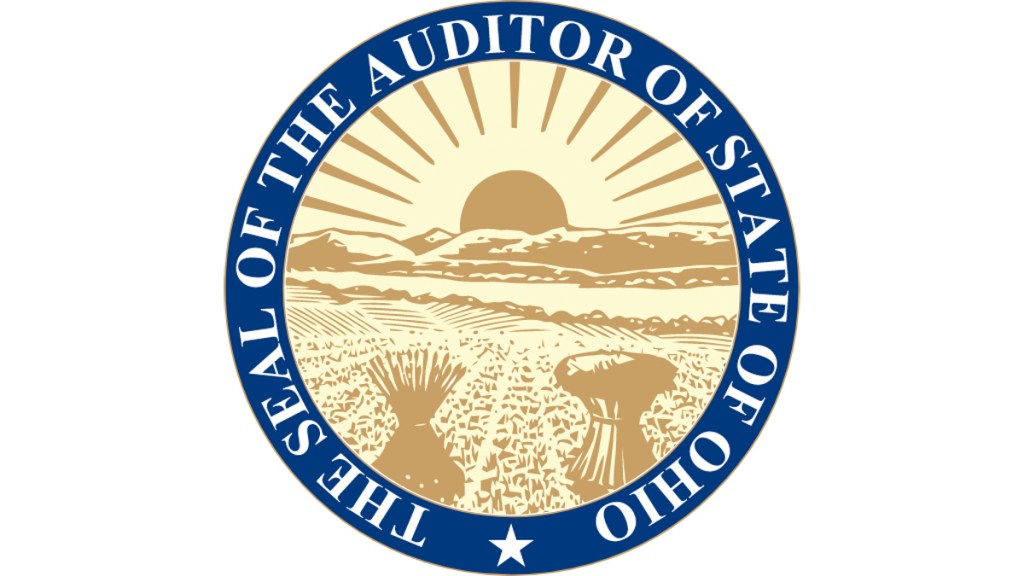Auditor: Audit of State Teachers Retirement System finds no evidence of illegal acts
Published 12:00 am Friday, January 6, 2023
Faber says there is room for debate, improvement
COLUMBUS — State auditors found no evidence of fraud, illegal acts, or data manipulation related to the $90 billion held in trust by the State Teachers Retirement System of Ohio, according to a special audit released Thursday.
In its limited review of the pension system, the Auditor of State’s Office also determined STRS’ organizational structure, control environment, and operations are suitably designed and well monitored, both internally and by independent experts.
However, STRS, the Ohio Retirement Study Council, and state lawmakers should review pension system policies and related laws and consider changes to improve the overall management of pension funds, Auditor of State Keith Faber said.
That includes potentially implementing more effective safeguards to ensure required actuarial reviews and fiduciary audits are conducted in a timely manner, rethinking how or whether bonus payments are offered to investment staff, and removing trade secret provisions that shield investment decisions from further scrutiny.
“STRS should be striving to be as transparent as possible on the funds held in their trust,” Auditor Faber said. “That means fully disclosing how these funds are being invested and the returns or losses on those investments.”
The recommendations are included in a Special audit of STRS, conducted by the Auditor of State’s Special Investigations Unit, Ohio Performance Team, and a senior administrator, in response to a June 2021 report titled “The High Cost of Secrecy: Preliminary Findings of Forensic Investigation of State Teachers Retirement System of Ohio,” commissioned by the Ohio Retired Teachers Association.
The special audit reviewed more than two dozen allegations that were included in the report, plus other complaints submitted to the Auditor of State in subsequent months.
There is room for public debate and potential policy changes that could be undertaken to address concerns that have been voiced by STRS members and others, including:
Transparency: While STRS may be within legal parameters concerning decisions to declare certain information as trade secrets, it could adopt more transparency in its investment activities.
State auditors noted, “…Despite the trade secrets law relied on to classify these items as trade secrets, STRS could elect to negotiate with their investment firms to allow more transparency. For example, the California Public Employees Retirement System (the nation’s largest government pension system) posts many documents online, including but not limited to details on their bonus incentives and prospectuses.”
Investments: While the special audit confirmed STRS was following its adopted policies and legal requirements, there remain questions about the level of established benchmarks used to gauge performance and compute bonuses for investment staff.
“You can save money and do good work in a declining market when you lose less money than you otherwise should have, according to your index,” Faber said. “But it is a fair public policy debate for the Legislature and the Ohio Retirement Study Council along with the STRS Board to determine whether you should allow bonuses and what amount. If you are going to have bonuses, should they be predicated on things that are easily attainable or things that drive true performance?”
One of the recommendations included in the Special audit is a revision in the Investment Committee Charter of the STRS board to require regularly scheduled meetings and detailed roles and responsibilities for members to increase members’ understanding of the board’s investment strategy and results.
“If the STRS Board and Retirement Study Council had managed this and not let other people get out in front of them, they would not have some of these incorrect public perceptions,” Faber said. “Certainly, all members of the STRS board should have access to full, accurate information about the true fees and expenses in management of the plans on a regular basis.”
Audit and Review Requirements: State law requires an independent actuarial review and a separate fiduciary audit at least once every 10 years.
The ORSC failed to meet those requirements — an actuarial review was conducted in 2009 and not again until May 2022, and a fiduciary performance audit was conducted in December 2006 and not again until May 2022.
STRS and ORSC should work to ensure these requirements are timely met, and any identified weaknesses addressed.






